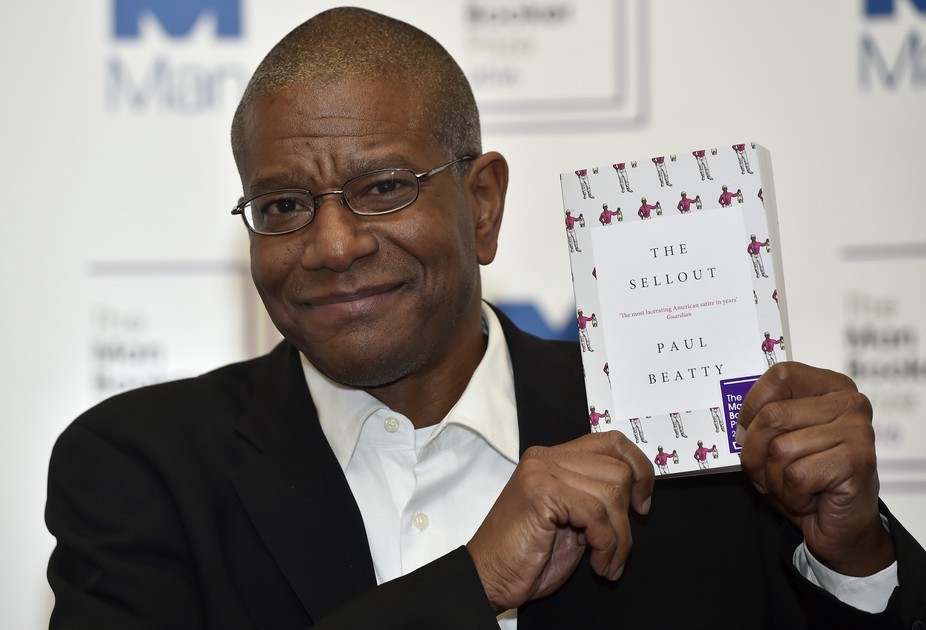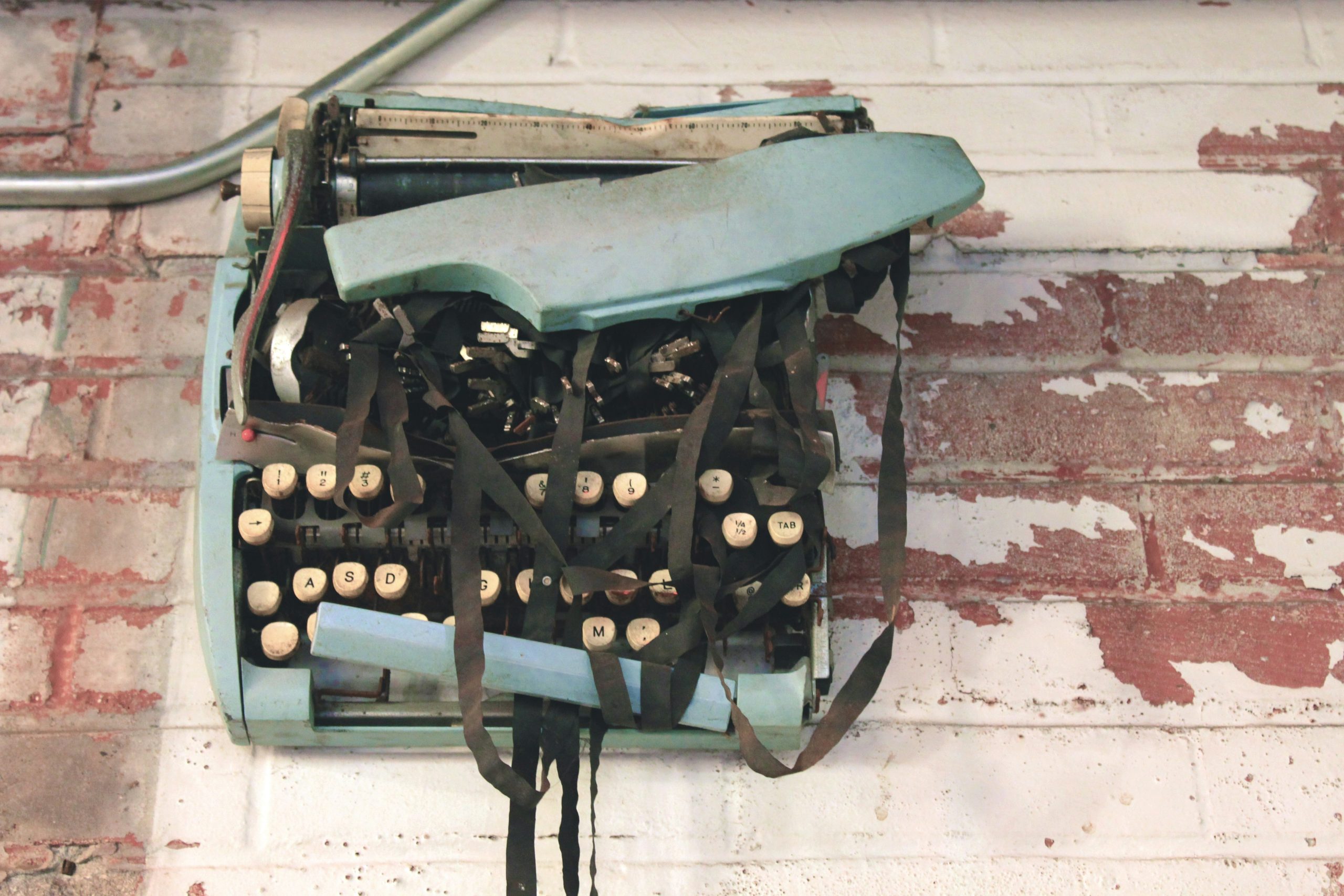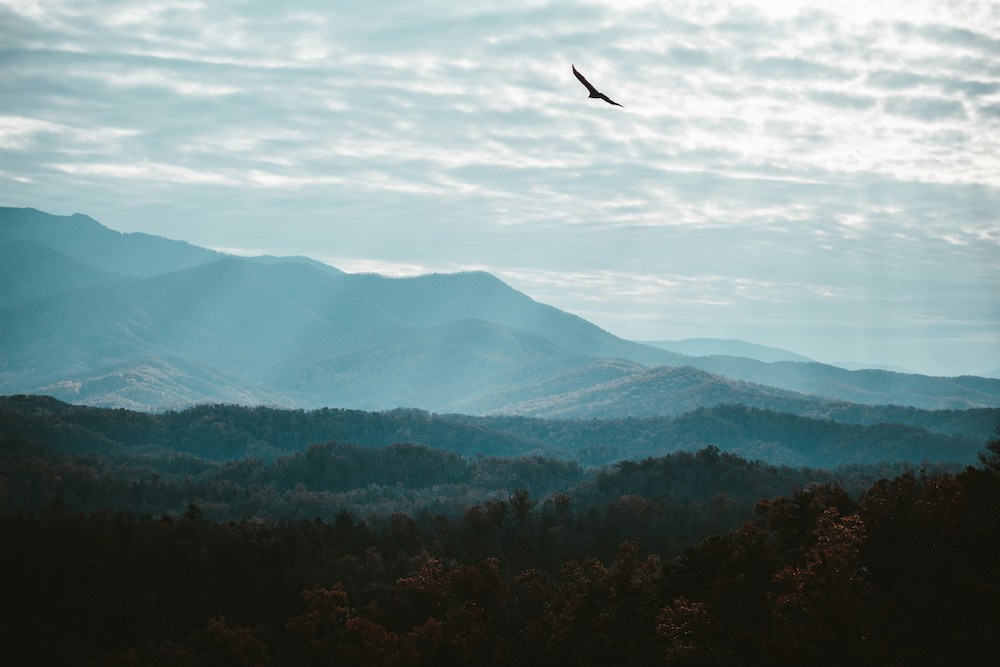Books & Culture
Mark Slouka Will Not Flinch
The author bares all in a powerful new memoir.

Mark Slouka is no stranger to authordom. He’s published six books, fiction and nonfiction. His work has been in Best American Fiction and Best American Essays both. He’s won awards. He’s done some press, you know? And yet as I prepared for this conversation, I kept thinking, God, he must be so worried about what I’m going to say.
Even by the standards of memoir, Nobody’s Son (W.W. Norton & Co., 2016) is personal. It’s not heart-baring so much as bone-baring: look, this is how I work inside. These are the veins, this is the tissue. This is all I am. Lucky for Slouka, he happens to express his innermost thoughts and pore over his darkest memories in laconic, gorgeous prose.
Nobody’s Son travels from Slouka’s mother’s abuse-filled childhood in Czechoslovakia to the post-World War II refugee world on four continents to Brewster, New York, where a novelist realizes he’s been writing about himself in disguise. It would have been cheesy to call this book Portrait of the Writer as a Son, but that’s what it is. Well, it’s all kinds of portraits, but that’s the first and central one. The rest? You’ll see.
Lily Meyer: You must be very scared of interviewers for this book.
Mark Slouka: When you have personal material, it’s hard not to be invested. But this book is a rescue operation as much as a memoir. It had to be written. It had been sitting back there for forty years, so by the time I got to it — no, by the time it mugged me, which is more how I feel about it, it was like, What the hell is happening — anyway, by the time I got to it, it just poured out of me. I don’t even remember writing big chunks of it. The book just went. Seven, eight months and it was done. Like literature in a microwave. And now here it is, my heart with a cover on it.
LM: I am shocked to hear that. This book is so formally aware of itself, so calculated-seeming, I was sure that you’d been writing it for years.
MS: Nope, seven months. I wrote it in a kind of white heat. Five, six hours a day, and I wouldn’t notice the time. I’d stand up and my back would be locked. But I was so happy! There was a sense of unburdening, of clarity, of seeing the light ahead. I don’t know if I’ll ever feel that kind of creative energy again.
LM: How much did you edit? And what was that process like?
MS: I’m an obsessive re-writer, but I re-write from the beginning, continually. If I don’t have the first stone correctly laid, I can’t put another one on top. So when I sit down in the morning, I read through what came before and prune, adjust, re-write. By the time I’ve finished a draft to my satisfaction, then, it’s a finished book. Though I should say, I believe that Hemingway line that any story can be made better by being made shorter, so there was some condensing and distilling at the end.
LM: Who is this book a portrait of first, or most?
MS: It’s a self-portrait in the sense that I’m thinking about my past, my history, the story I inherited, the ghosts that were handed down to me. It’s a portrait of my parents, too, but from there I’d have to say it’s a portrait of memory and how memory works, how memory spills into fiction all the time. And it’s a portrait of abuse, and how abuse is handed from generation to generation. It took me a long time to understand that the abuse my mother suffered changed forms and then came down to me.
It’s an argument for the defense, too. I’m trying to say, Listen, I was a good son. At some point I had to pull away from my mother, and I carried a lot of guilt for that, so part of this book was a self-exoneration. It’s one of those big baggy many-thing books, which I happen to have a real affection for. It doesn’t fit neatly into a genre, which is fine, since I’m not completely sure I believe in the genres.
LM: Something you didn’t say is that this book is a portrait of a writer, and of the writing process.
MS: I suppose it is. The process is so much a part of who I am, maybe it’s invisible to me. But it was embarrassing to think back on Brewster or on some of my short stories — on a good many things I’ve written — and think, Good God, man, you just didn’t see what you were trying to say. You didn’t know what you were writing about. So yes, it’s about self-revelation through writing.
LM: You flag what you’re doing very explicitly, too. You spend the whole beginning writing about how you’re beginning, and then there’s a point about forty pages in where you say, “Might as well begin with the end.” Same at the end, too. You say, “I’m ending now, I’m ending now,” and then the book ends. The reader can watch you watch yourself writing.
MS: That’s what was so liberating about it. I’ve always hidden myself in my books, and suddenly it was like, Get your ass out on the microscope slide. I’m going to take a look at you. I tried to look at myself as objectively as possible, and I had to do that through the lens of my parents and my history. But the more I did that, the more I understood that chronology just isn’t useful to me. Take an ending: when is it really an end? My father died three years ago; I dreamt about him three nights ago. He’s very vivid to me. I’m more interested in how we navigate our memories and histories than in chronology.
LM: You contrast that experience to what you call Big History, which you define as thing follows thing.
MS: Well, certain things happened! I have no patience with revisionism. Certain things happen in big and small history both, but once a thing has passed, we shape it into a story. We leave certain parts out, stress other parts. Once an event is in the past it becomes a kind of fiction.
Once an event is in the past it becomes a kind of fiction.
LM: It does seem that your mother is more resistant to your storytelling than anyone else. As a reader, I felt like I was chasing her through the book.
MS: Well, we were impossibly close when I was a child. The sound of her laughter is something I’ll remember the rest of my life. She was so fun to be with, and that’s what made what followed so extraordinarily difficult. For a long time, I didn’t understand, and for a long time after that I tried to save her, and after that was the anger and sense of betrayal, and then I was just fighting to save myself.
LM: You don’t spend much explicit time on your mother’s being a survivor of sexual abuse, or on your mother’s addiction. Why does that come so late in the memoir? And why does her lover come so late in the memoir?
MS: The drugs come late because I discovered them late. I was fifty-six years old before my father told me my mother had been an addict for the better part of thirty years. How she remained standing is beyond comprehension. As far as F., her lover, goes, I don’t know if I can answer why he appears in the memoir where he does, but I can say that I think of him as the core of this memoir. You know, it’s kind of a love story, really. I remember him very well; I thought he was a wonderful man, and I think he came really close to saving my mother.
LM: I’m fascinated by the total lack of shame in Nobody’s Son, and in the way you’re talking to me about it now. How did you learn that lack of shame?
MS: When I was a teenager and my family life began to go sideways, I developed a willingness to look at myself. That’s how you learn to see outside you, by looking at yourself. I really believe that. So shame is not something that plays a big role in my life. That’s not to say that writing this memoir wasn’t excruciating. I had this notion of my mother pleading with me, saying, Don’t do this. It felt like a brick in my chest, the idea of her begging me not to write it. I externalized that feeling. I put it in the book. I’d sit there with tears in my eyes, unable to write, and then I’d remember how much my mother believed in literature. She was a librarian for thirty years, and a real reader. Books were almost a religion to her. And her standard for writers was always fearlessness. A writer shouldn’t flinch. If you’re going to flinch, find something else to do; if you’re going to write, then fucking well write.
A writer shouldn’t flinch. If you’re going to flinch, find something else to do; if you’re going to write, then fucking well write.
LM: Are you working on another book now?
MS: I’ve been working on a sequel to Brewster. The protagonist there was thirty years old, and he’s fifty-eight now. And there’s another book that has to do with Milan Kundera, but it’s harder to describe.
LM: Does it feel different to write fiction having written this memoir?
MS: Absolutely. This was a liberation book for me. It freed up my voice, I think, and unclouded my vision. There’s something about having written in this naked first person that was liberating creatively in ways so big I haven’t figured them out completely. It’s like I’m ambidextrous now, or like I’ve added something new. Sitting down to write feels different now. It feels good.









